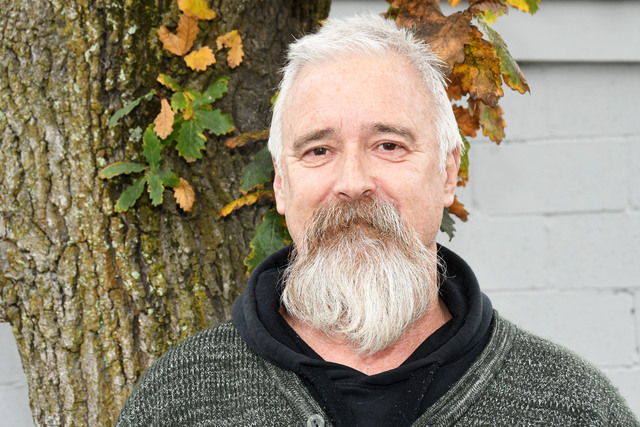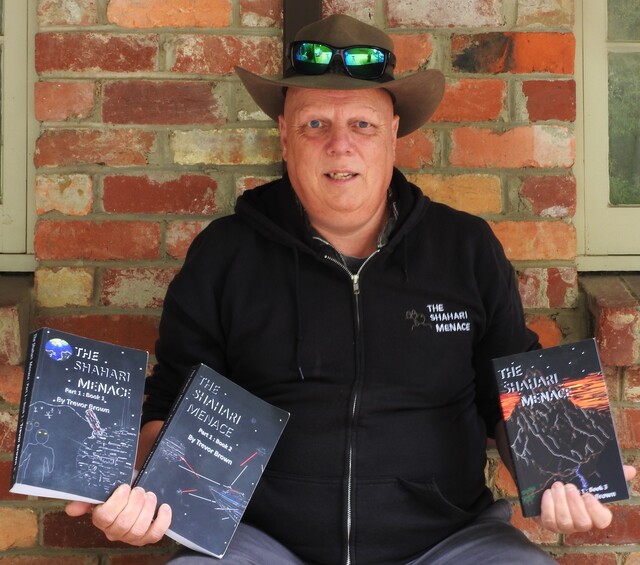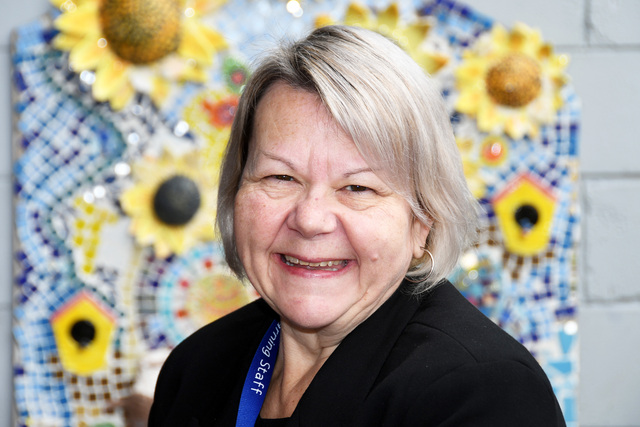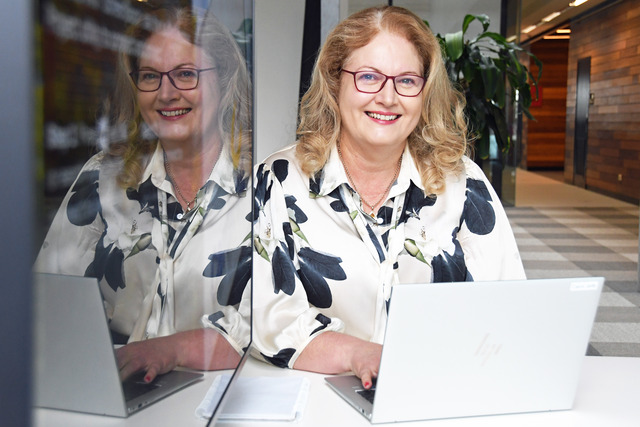CRANBOURNE Community House will be more apt to cater for the demand for men shed places in Casey thanks to a grant.
Last week the State Government announced $29,000 in funding to the Cranbourne Men’s Shed for an extension to the existing building to provide the group with a kitchenette and meeting space for men’s health and education programs.
Cranbourne Community House manager Margaret O’Callaghan said they were thrilled to pieces with the funding.
“It’s great that the State Government has recognised the importance of men’s sheds in the community,” she said.
“We will be able to extend the time and days of it as there’s a high demand for it.
“The extension will give the men that don’t want to be active in the work room a place to just sit and chat and socialise away from the noise and pollution.
“Men’s sheds aren’t just about being active, it’s also a place to meet and socialise.
“The concept is also about a place where men can come together to be active and creative, have a laugh and a joke and friendships are formed.
“It breaks down that isolation and, in return, the men’s physical and mental health improves.”
South Eastern Metropolitan Region MP Inga Peulich welcomed the funding for two of Casey men’s sheds.
The Berwick District Woodworkers Club received $3800 to improve OHS standards at the club through dust control and electrical upgrades.
“The grant recipients were required to provide funding or in-kind support towards the project, taking the total value of the refurbishments to more than $53,000,” she said.
“The grants, under the new Strengthening Men’s Sheds Program, will allow for the redevelopment of existing sheds to meet increased community demand for activities and occupational health and safety, and disability guidelines.
”Minister for Community Services Mary Wooldridge said the men’s shed movement has come a long way over the past five years, with more than 200 sheds operating across Victoria.
“The Victorian Coalition Government recognises the significant role men’s sheds play in their local communities through engaging a wide range of men, including those with disability, farmers, war veterans, retirees and the unemployed,” she said.
“They give local men the chance to meet and talk, work on valuable community projects, get involved in their community and learn about important health and wellbeing issues,” she said.
Shed load of improvements
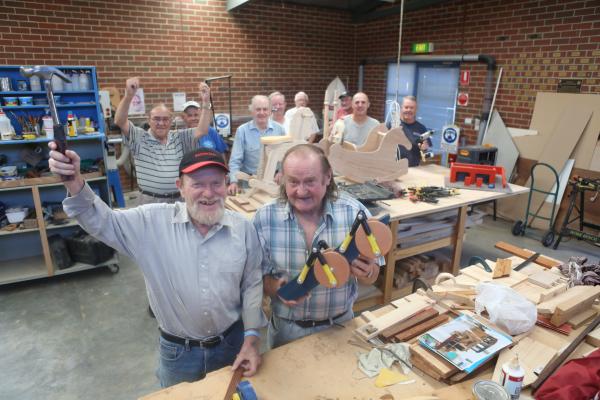
Digital Editions
-

The Indian Mate
Purchase this photo from Pic Store: 479976 For Australians from diverse backgrounds, life is a constant adaptation with the national culture alongside the preservation of…

